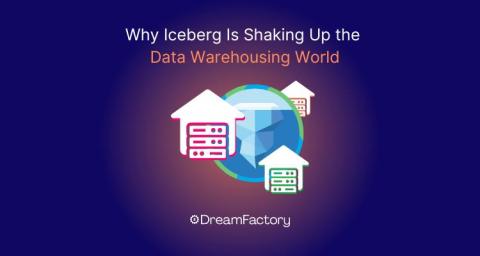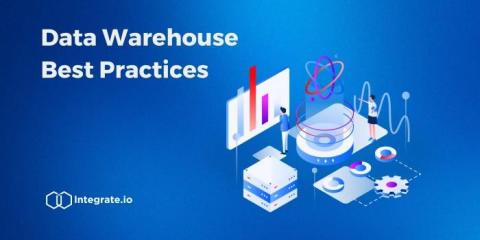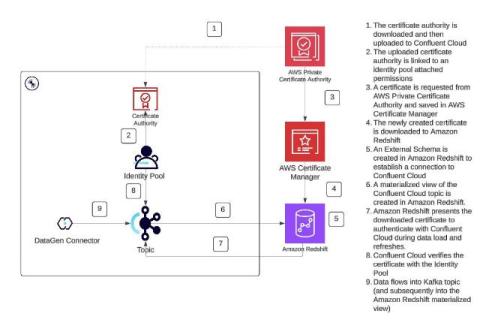Why Iceberg Is Shaking Up the Data Warehousing World
Apache Iceberg is transforming how organizations hanle data by solving key challenges in traditional data warehousing. It offers schema evolution without downtime, automated partitioning, ACID compliance, and time travel for historical data access. Its open table format separates storage and compute, enabling scalability, flexibility, and cost efficiency.











